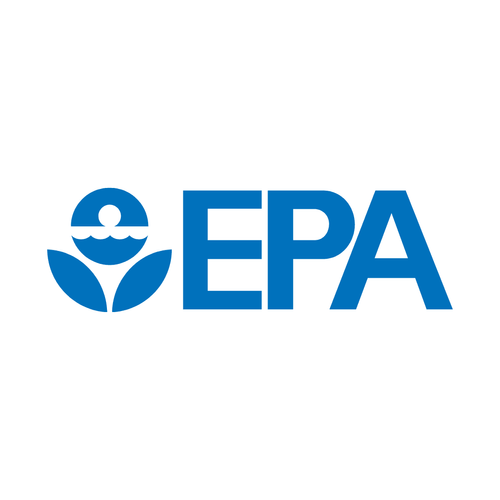EPA Seeks Public Comment on Draft Carbon Storage Permit for Company in Putnam County, Illinois

Photo: United States Environmental Protection Agency
September 17, 2025
BY Environmental Protection Agency
Advertisement
Advertisement
Related Stories
Brazil has launched a national CCUS Subcommittee under its Ministry of Mines and Energy to implement the country’s 2024 Fuel of the Future law and anchor its strategy for COP30. The group brings together Petrobras, TotalEnergies, FS Energia, SLB New Energy, and other key stakeholders to advance carbon capture, storage, and regulatory frameworks.
MODEC is Awarded Approval-in-Principle from American Bureau of Shipping for LCO2 Floating Storage and Injection Unit
MODEC has received Approval in Principle from the American Bureau of Shipping for its Floating Storage and Injection Unit (FSIU), designed to handle liquid CO₂ at sea. The unit can receive, store, and inject up to 10 million tonnes of CO₂ annually into subsea reservoirs, eliminating the need for onshore storage and pipelines.
The Government of Canada has announced $5.8 million in funding for carbon capture, utilization, and storage projects in British Columbia. The investments will support Svante, Anodyne Chemistries, and Agora Energy Technologies in advancing CO₂ capture, storage, and conversion innovations, from flue gas utilization to producing valuable chemicals.
PTTEP Moves Forward with Thailand’s First CCS Project at Arthit Field to Advance the National Net Zero Goal
PTTEP has reached a final investment decision on Thailand’s first carbon capture and storage project at the Arthit gas field. With operations expected to start in 2028, the project will capture and store up to 1 million tonnes of CO₂ annually while aligning with the nation’s Net Zero targets.
North Dakota’s Department of Agriculture is inviting grant proposals from ethanol producers under its Low Carbon Fuels Program, aiming to fund capital projects that cut carbon intensity.





